Potting and soil mixture play a crucial role in gardening. The right soil mixture provides the necessary nutrients and support for plants to grow and thrive. It is important to understand the importance of potting and soil mixture in order to create a healthy and sustainable environment for your plants.
Understanding the Importance of Potting and Soil Mixture
Potting and soil mixture are essential for plant growth and health. The soil provides plants with the necessary nutrients, water, and oxygen they need to survive. It also acts as a support system, anchoring the roots and providing stability.
The quality of the soil directly affects the health and growth of plants. Poor soil can lead to nutrient deficiencies, waterlogging, or inadequate drainage, which can result in stunted growth or even death of the plant. On the other hand, a well-balanced soil mixture can promote healthy root development, nutrient uptake, and overall plant vigor.
Choosing the Right Potting Mix for Your Plants
When choosing a potting mix, there are several factors to consider. The type of plant you are growing and the size of the container are important considerations. Different plants have different nutrient requirements and prefer different soil textures.
There are various types of potting mixes available on the market, each tailored to specific plant needs. Some common types include general-purpose potting mix, cacti and succulent mix, orchid mix, and seed starting mix. These mixes are formulated with specific ingredients to meet the unique needs of different plants.
The Benefits of Using Organic Soil Mixtures
Using organic soil mixtures has several benefits for both plants and the environment. Organic soil mixtures improve soil structure by increasing its ability to hold water and nutrients while still allowing for proper drainage. This promotes healthy root growth and reduces the risk of waterlogging or root rot.
Organic soil mixtures also increase nutrient availability to plants. They contain organic matter, such as compost or aged manure, which slowly releases nutrients into the soil as it decomposes. This provides a steady supply of nutrients to plants over time, reducing the need for synthetic fertilizers.
Using organic soil mixtures is also environmentally friendly. They are made from natural and renewable resources, reducing the reliance on non-renewable resources. Additionally, organic soil mixtures promote biodiversity and support beneficial soil organisms, such as earthworms and beneficial bacteria.
Creating the Perfect Soil Mix for Your Container Garden
Creating a soil mix that is tailored to your specific plants and container is essential for their health and growth. The key is to balance the components of the soil mix, such as sand, peat moss, and perlite.
The ratio of these components will depend on the specific needs of your plants. For example, plants that prefer well-draining soil, such as succulents, may require a higher proportion of sand or perlite. On the other hand, plants that prefer moisture-retentive soil, such as ferns, may require a higher proportion of peat moss or coconut coir.
It is important to experiment with different ratios and observe how your plants respond. Adjustments can be made based on the performance of your plants and their overall health.
Tips for Improving Drainage in Your Potting Mix

Good drainage is crucial for potted plants to prevent waterlogging and root rot. There are several ways to improve drainage in your potting mix.
One option is to add perlite or vermiculite to the soil mix. These materials are lightweight and help create air pockets in the soil, allowing excess water to drain away more easily.
Another option is to use a pot with drainage holes at the bottom. This allows excess water to escape freely and prevents it from accumulating in the bottom of the pot.
Additionally, you can elevate your pots slightly by placing them on pot feet or using a saucer with pebbles. This helps to prevent water from sitting in the saucer and being reabsorbed by the plant.
How to Amend Your Soil Mix for Optimal Plant Growth
Amending your soil mix is important to provide optimal nutrients for your plants. Soil amendments are materials that are added to the soil to improve its fertility and structure.
One common soil amendment is compost. Compost is rich in organic matter and provides a wide range of nutrients to plants. It also improves soil structure, increases water-holding capacity, and promotes beneficial soil organisms.
Another common soil amendment is bone meal. Bone meal is a slow-release fertilizer that is high in phosphorus, which promotes root development and flowering. It is particularly beneficial for flowering plants and vegetables.
Other soil amendments include aged manure, worm castings, and seaweed extract. Each amendment has its own unique benefits and can be used based on the specific needs of your plants.
The Role of Nutrients in Your Potting and Soil Mixture
Nutrients are essential for plant growth and health. They are divided into two categories: macronutrients and micronutrients.
Macronutrients are required in large quantities by plants. They include nitrogen (N), phosphorus (P), and potassium (K). Nitrogen promotes leafy growth, phosphorus promotes root development and flowering, and potassium promotes overall plant health.
Micronutrients are required in smaller quantities but are equally important for plant growth. They include iron (Fe), manganese (Mn), zinc (Zn), copper (Cu), boron (B), molybdenum (Mo), and chlorine (Cl). These nutrients play a crucial role in various physiological processes, such as photosynthesis and enzyme activation.
It is important to provide a balanced supply of nutrients to plants through the potting and soil mixture. This can be achieved by using a well-formulated potting mix or by supplementing with organic fertilizers.
Common Mistakes to Avoid When Mixing Soil for Potted Plants
There are several common mistakes that gardeners make when mixing soil for potted plants. These mistakes can lead to poor plant growth and health.
One common mistake is using garden soil directly in pots. Garden soil is heavy and may not provide adequate drainage for potted plants. It may also contain weed seeds, pests, or diseases that can harm your plants.
Another common mistake is overcompacting the soil. Overcompacted soil restricts root growth and prevents proper aeration and drainage. It is important to gently loosen the soil and avoid excessive compaction.
Additionally, using too much or too little water can also be detrimental to potted plants. Overwatering can lead to waterlogging and root rot, while underwatering can result in nutrient deficiencies and stunted growth.
The Impact of pH Levels on Your Soil Mixture
pH levels play a crucial role in plant growth and health. pH is a measure of the acidity or alkalinity of the soil. Different plants have different pH preferences, and it is important to test and adjust the pH levels in your soil mix accordingly.
Most plants prefer a slightly acidic to neutral pH range of 6.0 to 7.0. However, some plants, such as blueberries, prefer more acidic soil with a pH range of 4.5 to 5.5.
Testing the pH levels of your soil mix can be done using a pH testing kit or meter. If the pH levels are too high or too low, you can adjust them by adding amendments such as lime to raise the pH or sulfur to lower the pH.
Maintaining the correct pH levels in your soil mix ensures that nutrients are available to plants in their most accessible form. It also promotes beneficial soil organisms and prevents nutrient deficiencies or toxicities.
Sustainable Potting and Soil Mixtures for Eco-Friendly Gardening
Traditional potting and soil mixtures can have a negative impact on the environment. They often contain peat moss, which is harvested from sensitive wetland ecosystems. The extraction of peat moss contributes to habitat destruction and carbon emissions.
Fortunately, there are sustainable alternatives available for eco-friendly gardening. Coconut coir is a popular alternative to peat moss. It is made from the husks of coconuts and is a renewable resource. Coconut coir has similar properties to peat moss, such as moisture retention and aeration, making it an excellent substitute.
Recycled materials can also be used as a sustainable alternative for potting and soil mixtures. For example, recycled glass or plastic can be crushed and used as a substitute for perlite or vermiculite. This reduces waste and promotes the reuse of materials.
Potting and soil mixture are essential for gardening success. The right soil mix provides the necessary nutrients, support, and drainage for plants to grow and thrive. By understanding the importance of potting and soil mixture, choosing the right mix for your plants, and making sustainable choices, you can create a healthy and sustainable environment for your plants to flourish.
If you’re struggling to keep your succulents alive, you might want to check out this helpful article on GirlsGist.com. It discusses common mistakes that can lead to succulent death and provides tips on how to save them. From overwatering to using the wrong potting and soil mixture, there are several factors that can affect the health of your succulents. Click here to read the article and learn how to keep your succulents thriving: https://girlsgist.com/fun-stuff/why-are-my-succulents-dying-common-mistakes-and-how-to-save-them/
FAQs
What is potting soil mixture?
Potting soil mixture is a combination of various organic and inorganic materials that are used to grow plants in containers or pots. It is designed to provide the necessary nutrients, drainage, and aeration for plants to thrive in a confined space.
What are the components of potting soil mixture?
Potting soil mixture typically contains a blend of peat moss, perlite, vermiculite, sand, and other organic materials such as compost, bark, or coconut coir. Some mixtures may also include fertilizers, lime, or other additives to enhance plant growth.
What are the benefits of using potting soil mixture?
Potting soil mixture provides several benefits for container gardening, including improved drainage, aeration, and nutrient availability. It also helps to prevent soil compaction and root rot, which can be common problems in container gardening.
Can potting soil mixture be used for all types of plants?
Potting soil mixture can be used for a wide variety of plants, including vegetables, herbs, flowers, and houseplants. However, some plants may require specific soil conditions, such as acidic or alkaline soil, so it is important to choose a potting soil mixture that is appropriate for the specific plant.
How often should potting soil mixture be replaced?
Potting soil mixture should be replaced every 1-2 years, depending on the frequency of use and the health of the plants. Over time, the soil can become depleted of nutrients and may become compacted, which can hinder plant growth. Replacing the soil mixture can help to refresh the nutrients and improve plant health.
Can potting soil mixture be reused?
Potting soil mixture can be reused, but it should be sterilized first to prevent the spread of disease or pests. To sterilize the soil, it can be baked in an oven at 180-200 degrees Fahrenheit for 30 minutes. However, it is generally recommended to replace the soil mixture every 1-2 years for optimal plant growth.








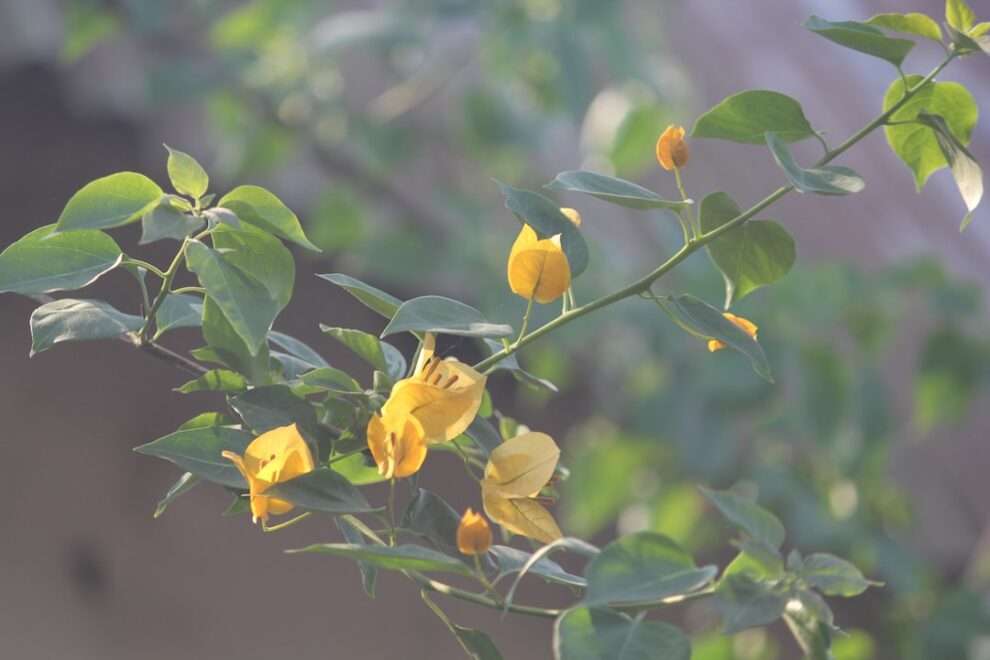
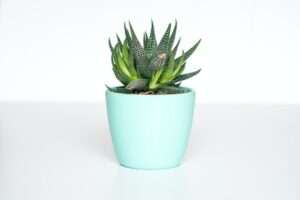
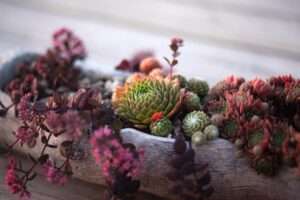
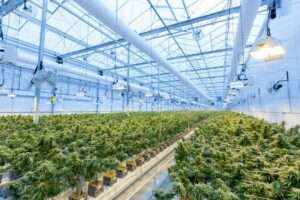


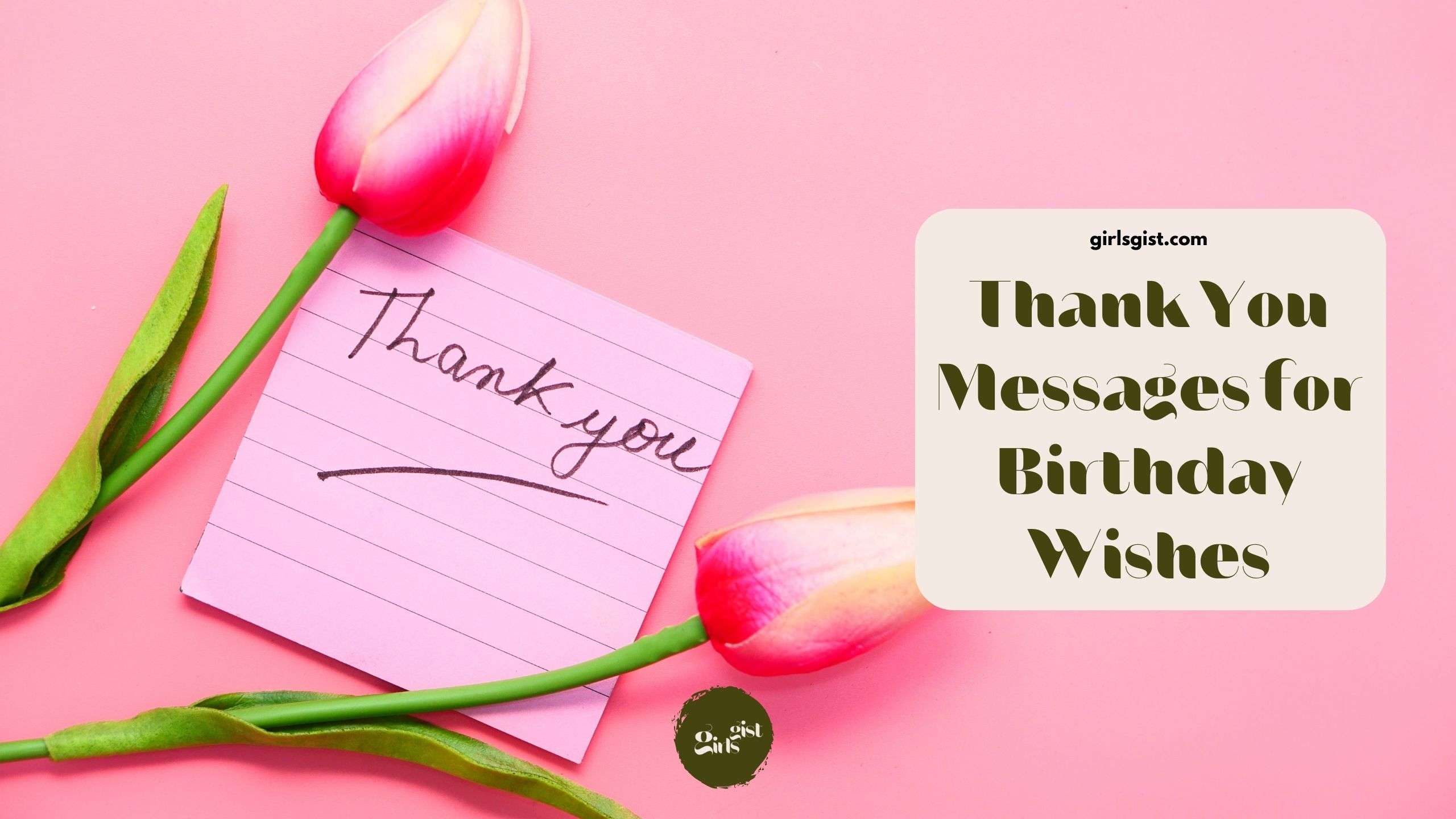
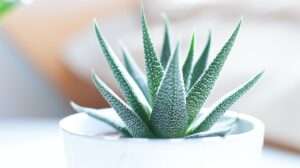
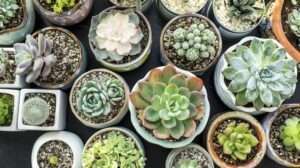
Add Comment